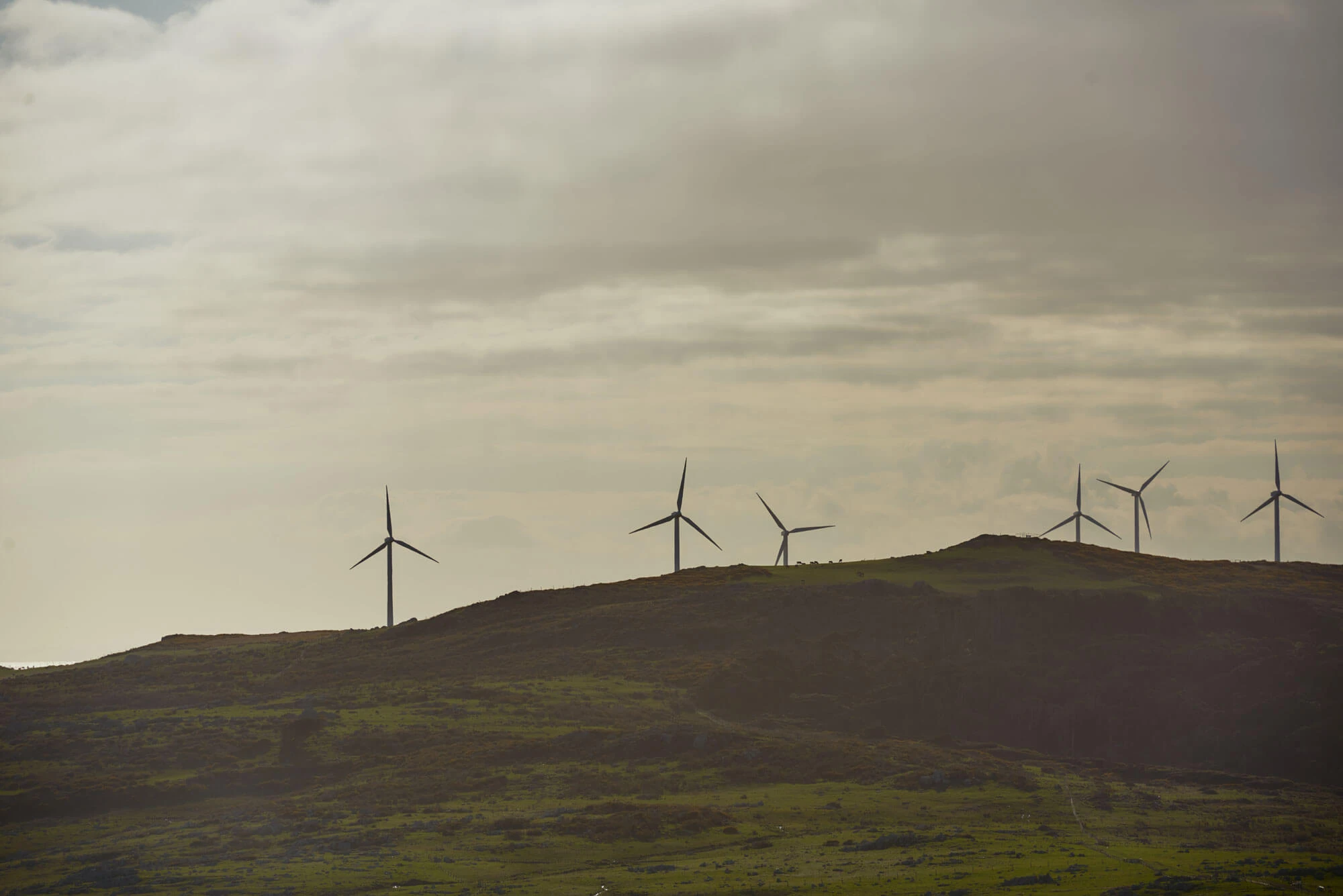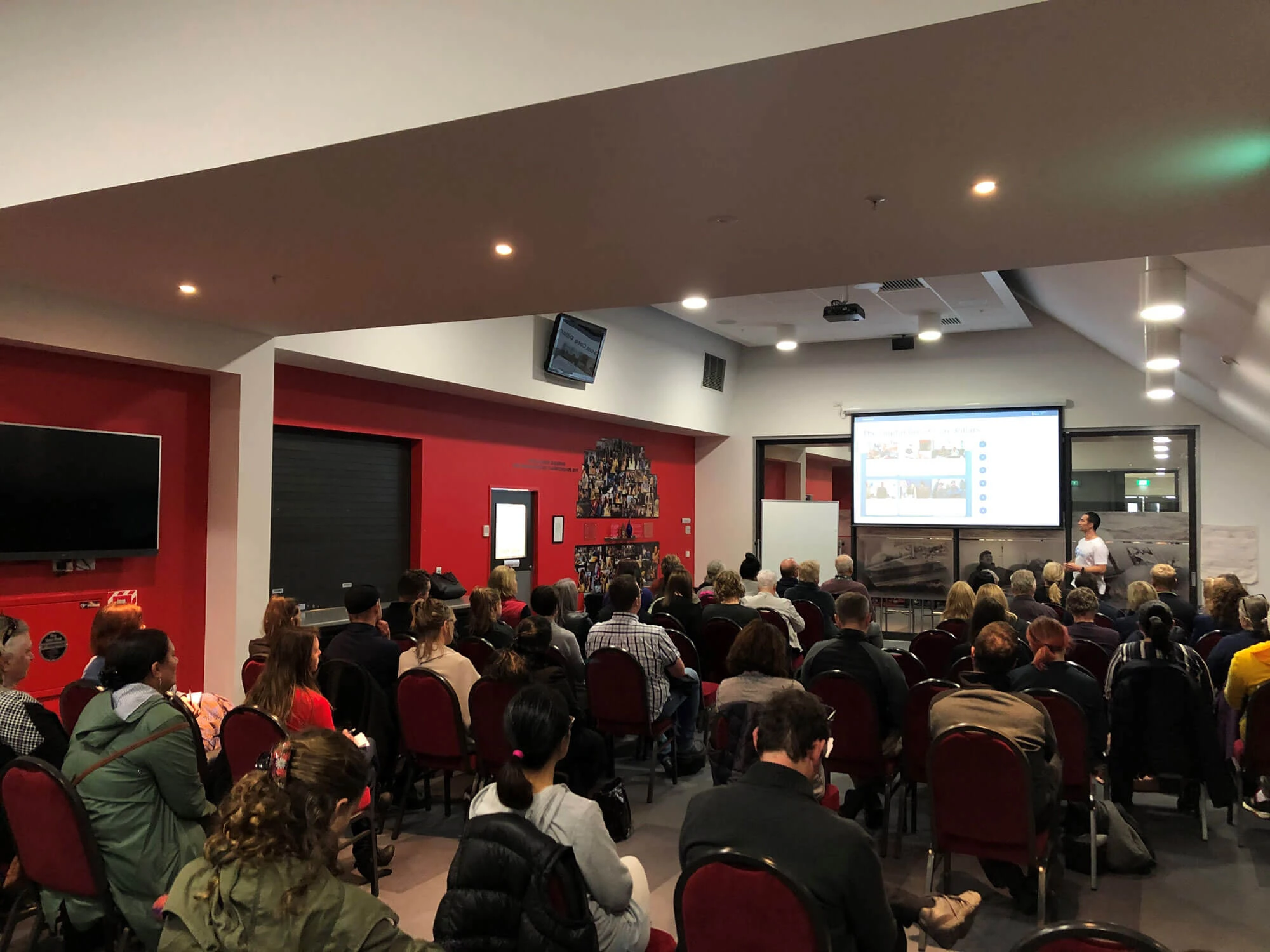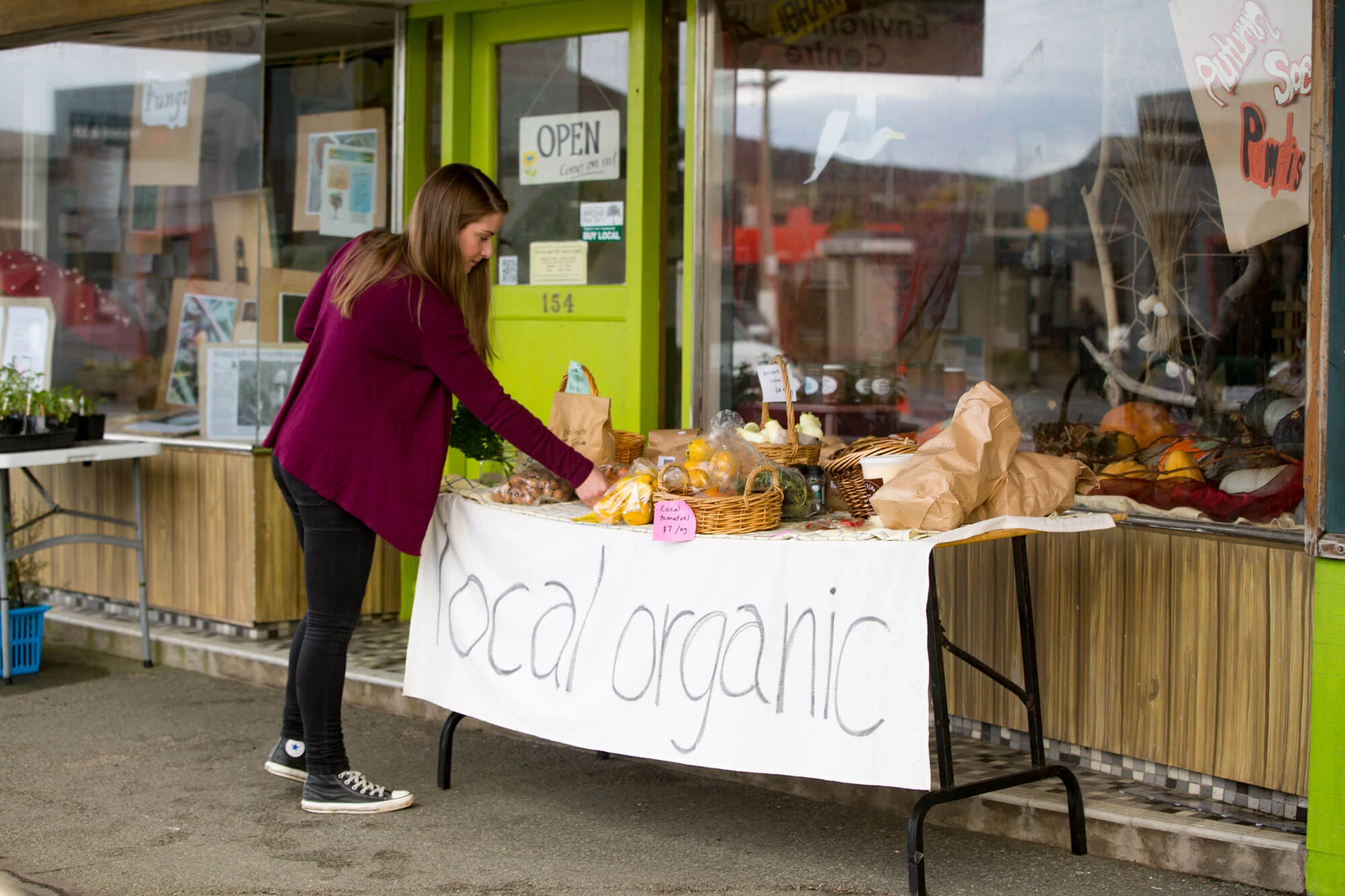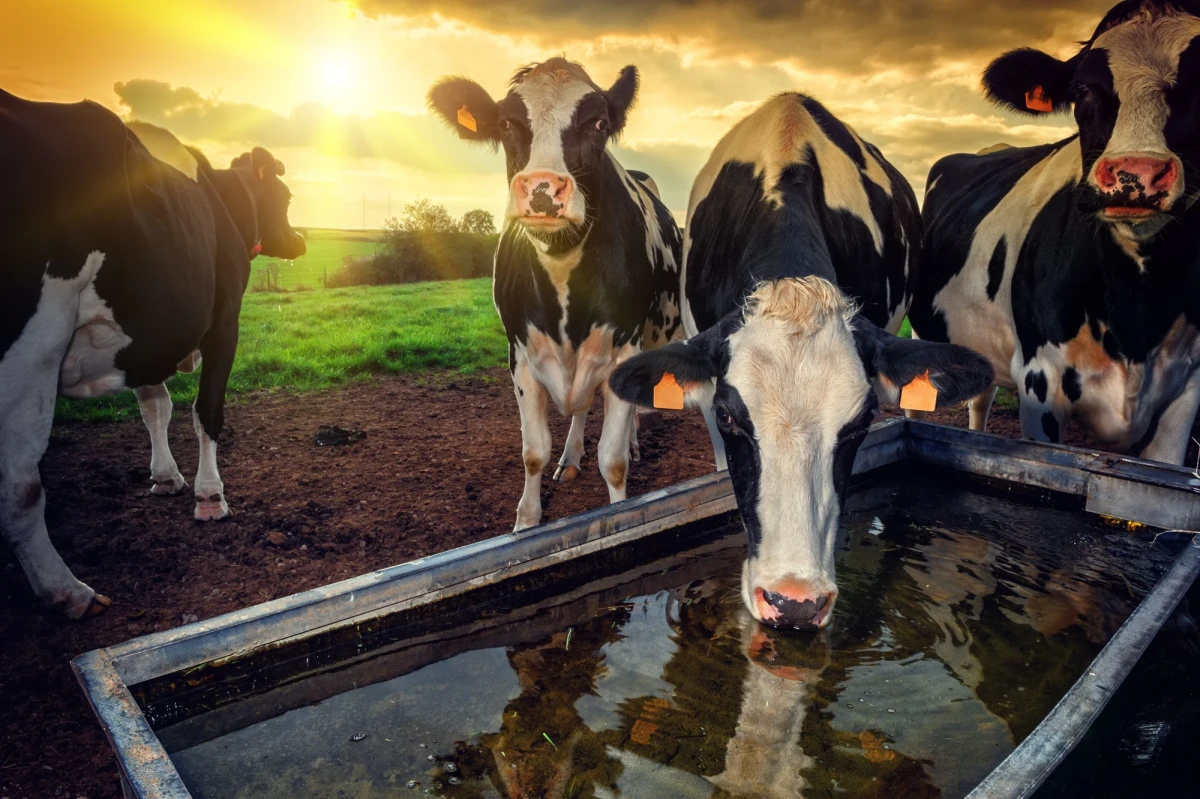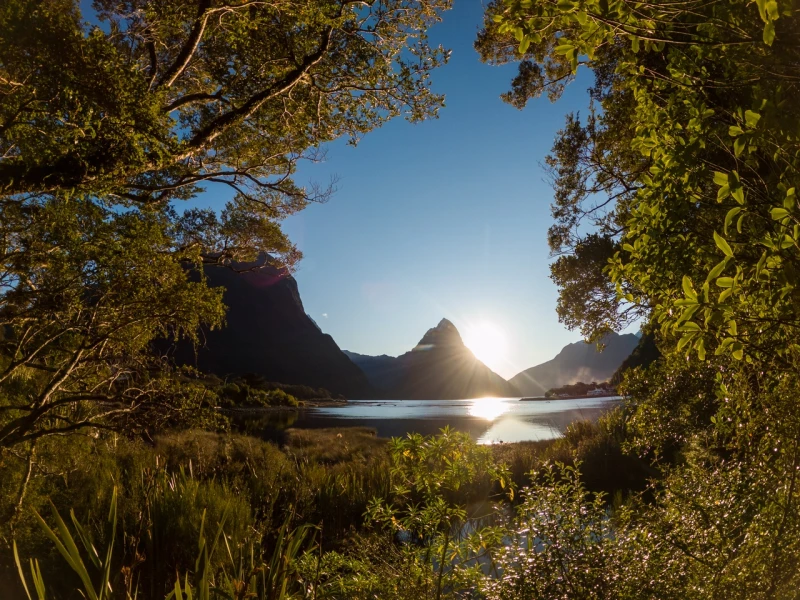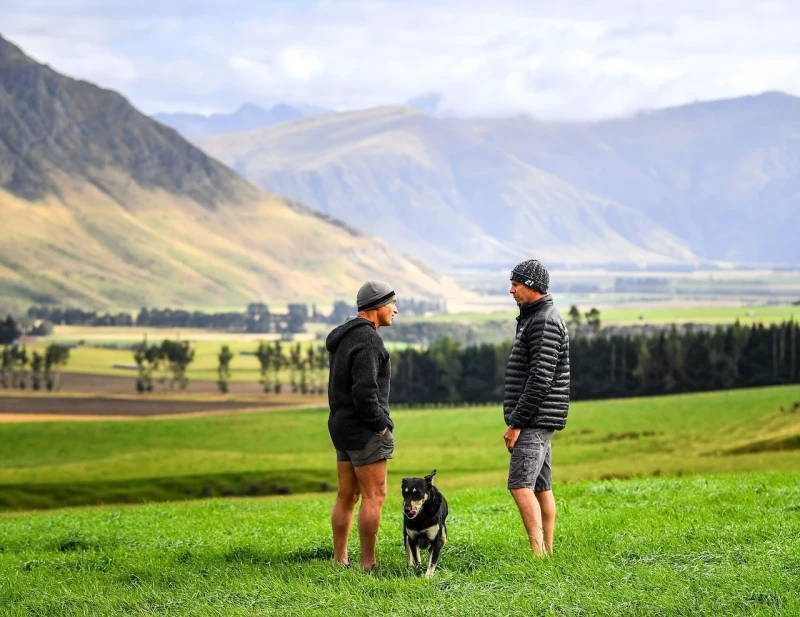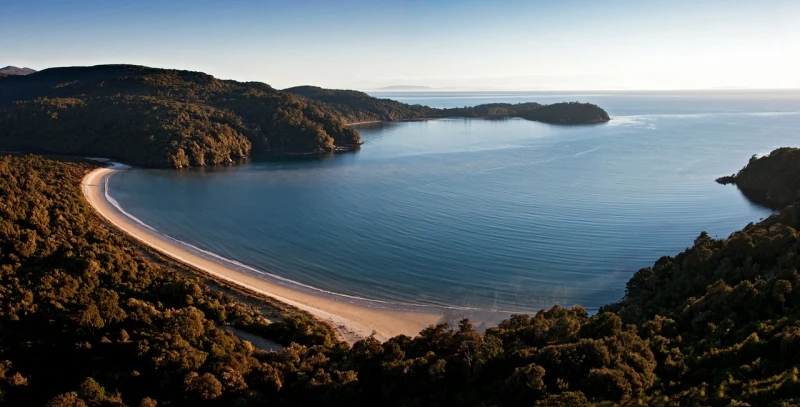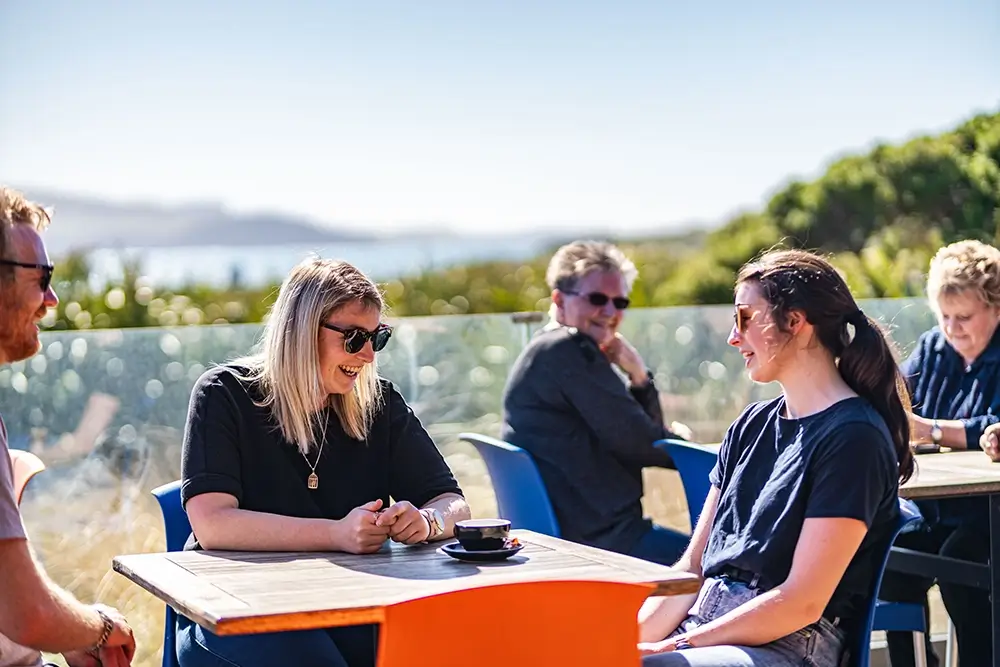Three percent of Murihiku Southland’s land cover is surface water including six of Aotearoa New Zealand’s 25 largest lakes (by surface area). There are tens of thousands of kilometres of rivers and streams, including the Waiau, Aparima, Ōreti, and Mataura rivers.
Water and rivers are the ‘living blood’ of Papatūānuku (earth mother) and are held in reverence. Water is a taonga and it plays a unique role in the traditional culture and economy of Māori. Without water, no living thing, plant, fish or animal can survive.
Water is a valuable natural resource, and it is vital and necessary to ensure the region continues to thrive. While we plan for new and diversified industry, we accept there are significant challenges at present with water quality and quantity of available water which is impacting our economy, our people and our environment. It is intended that regional development opportunities should not exacerbate impacts on water resources, and opportunities should be sought to positively contribute to the current situation.
A strategic and collaborative programme of action is immediately required that will identify a clear pathway for the sustainable use of water resources which includes having resilient water supplies and assets. In particular, the work of our regulators, catchment groups, mana whenua and industry should continue to be enabled and empowered for them to lead improvements across the region.
